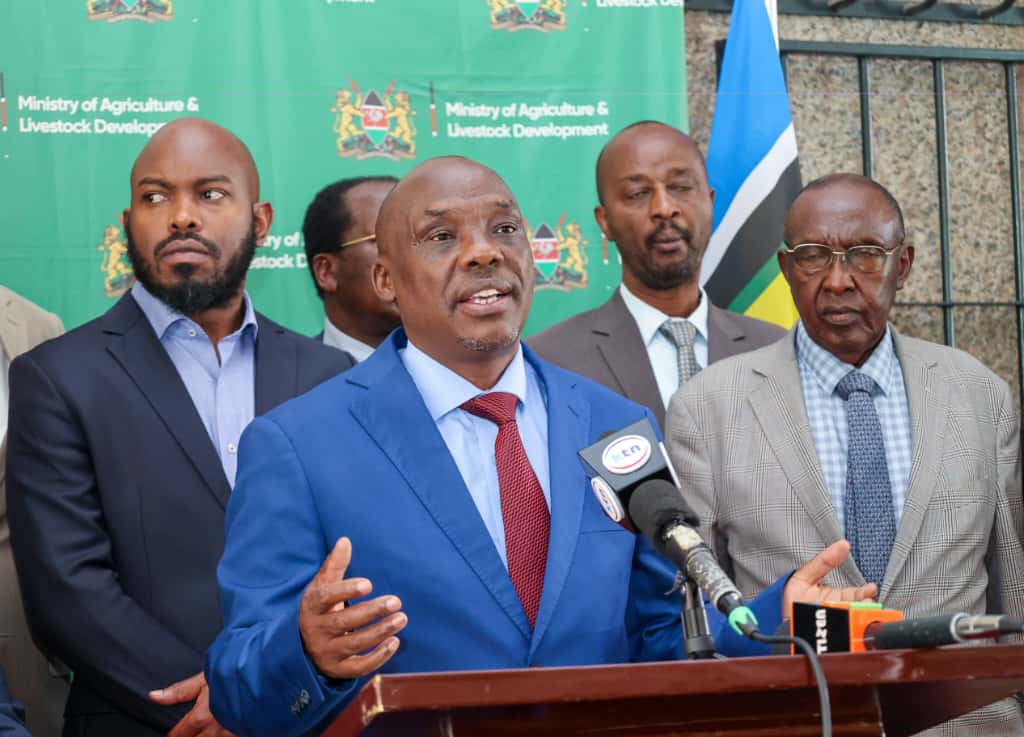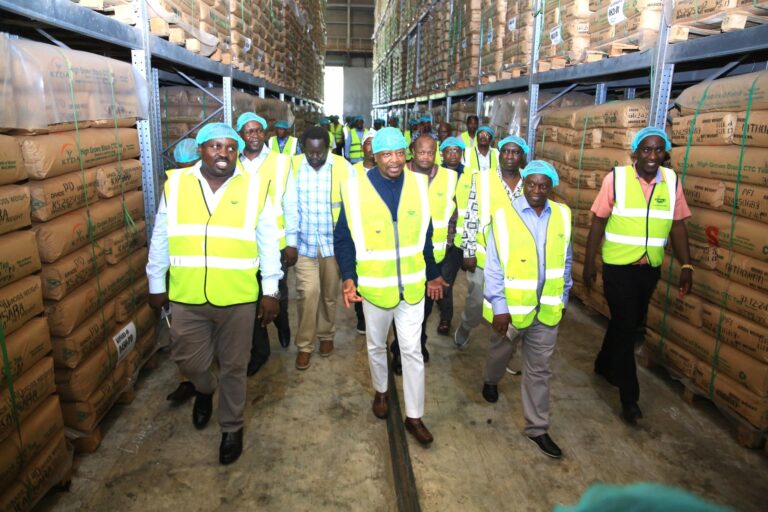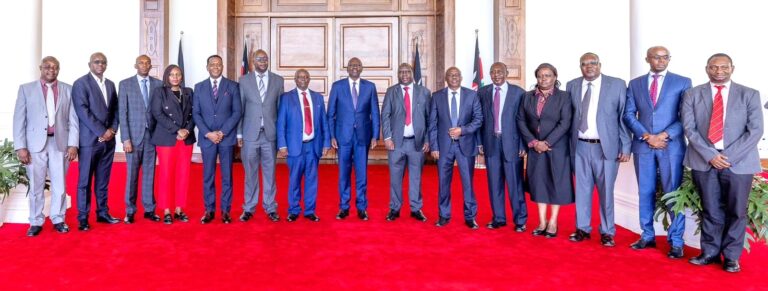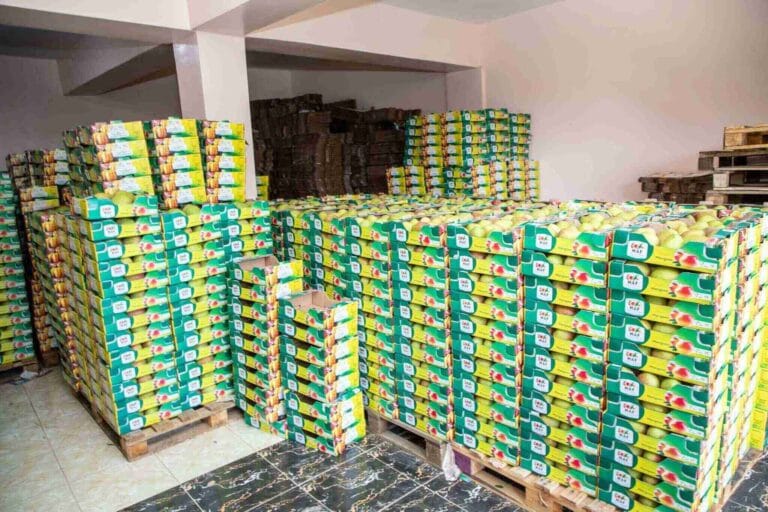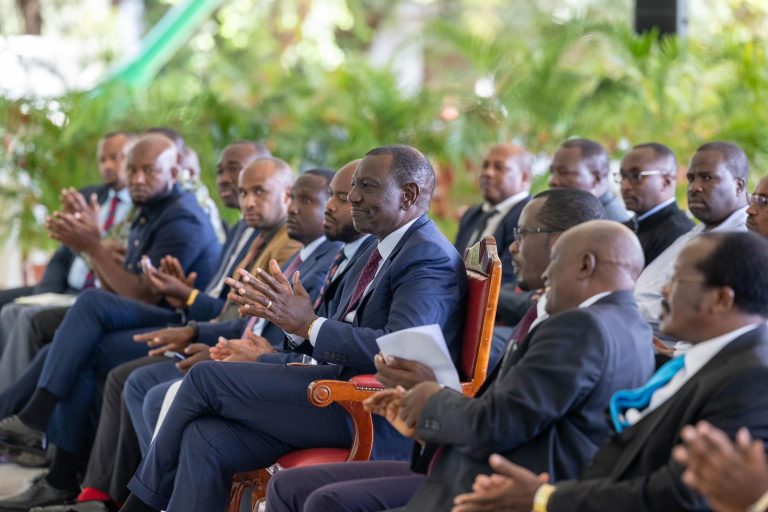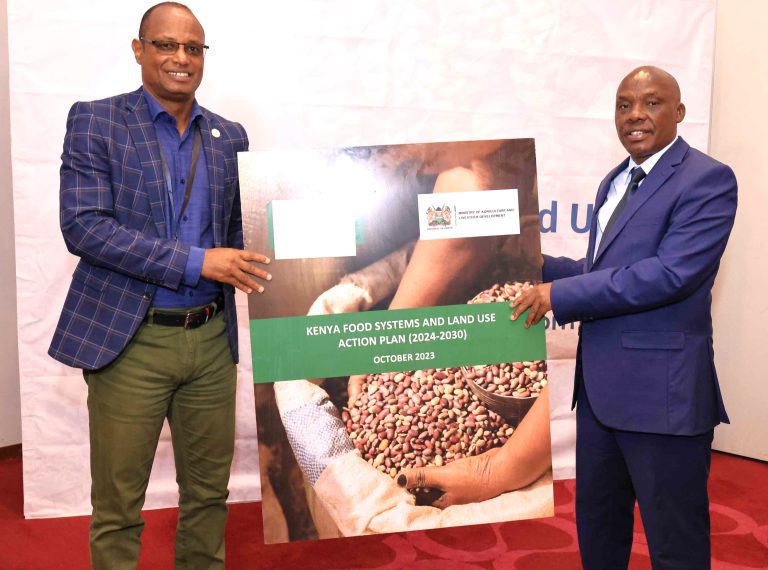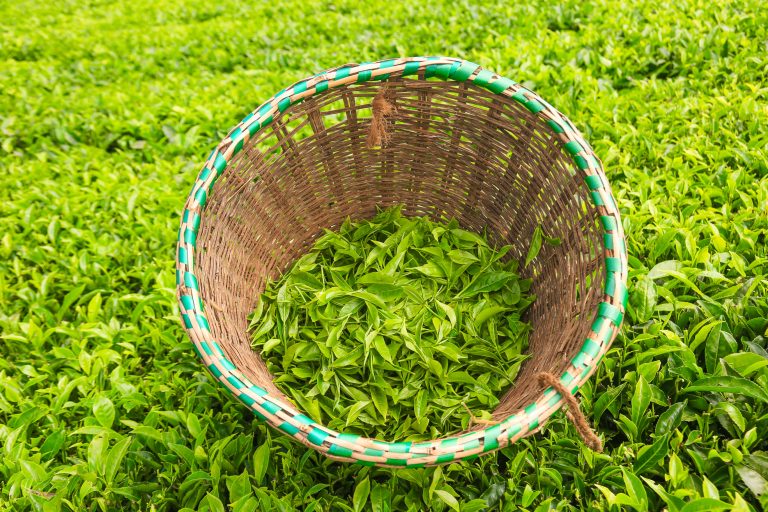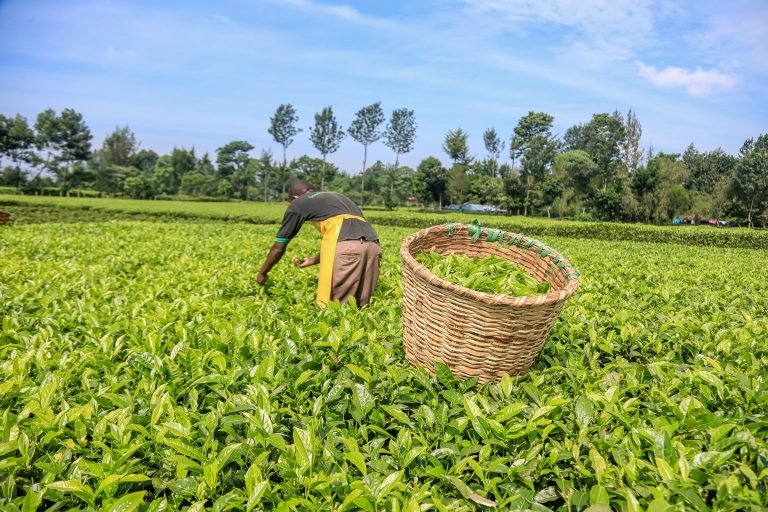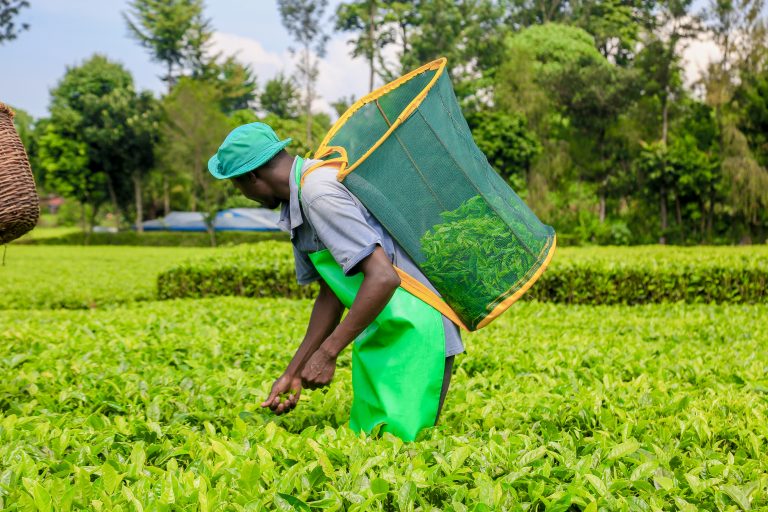By Kimuri Mwangi
The government has outlined a raft of interventions aimed at stabilizing the tea sector and addressing concerns raised by smallholder farmers over this year’s reduced bonus payments, following the declaration of final green leaf prices by Kenya Tea Development Agency (KTDA) factories.
In a statement, Dr. Paul Kipronoh Ronoh, Principal Secretary in the State Department for Agriculture, said the lower bonus rates were largely driven by external market dynamics rather than local inefficiencies. He cited the appreciation of the Kenya shilling against the dollar, from an average of 144.21 to 129.37, the decline in global tea prices from USD 2.69 to USD 2.46, and the sale of carry-over stocks at reduced prices after the removal of reserve prices as key contributing factors. Rising production costs also added pressure, with the West of Rift regions more adversely affected.
Dr. Ronoh clarified that reports of farmers earning as little as Ksh 10 per kilo were misleading, explaining that this figure represents only part of the payment. Farmers had earlier received an initial Ksh 23–25 per kilo, bringing the total average for the 2024/25 financial year to Ksh 56 per kilo, with the lowest-earning factory paying Ksh 33.58.
The PS reaffirmed the government’s commitment to long-term reforms designed to improve farmer earnings and strengthen institutional governance. “Disbandment of KTDA is not the solution,” he emphasized. “What is required is comprehensive restructuring of its governance and operational framework.” He noted that concerns from farmers regarding price disparities between tea-growing regions, questionable expenditures, and excessive director allowances would be addressed through stricter oversight and enhanced financial accountability.
Among the measures being implemented are the establishment of green leaf quality standards and the operationalization of the Tea Quality Analysis Laboratory in Mombasa to scientifically validate the quality and safety of Kenyan tea. Additionally, the Strategic Tea Quality Improvement Programme (STQIP) will support factories producing lower-quality teas to meet global standards.
Other interventions include removal of VAT on tea and packaging materials to promote value addition, continued provision of subsidized fertilizer, and recovery of Ksh 2.7 billion previously held in collapsed banks. Dr. Ronoh directed KTDA to release these funds to farmers by October 15, 2025. The government has also allocated Ksh 3.7 billion for modernization and retooling of factories to enhance efficiency and increase production of high-value teas.
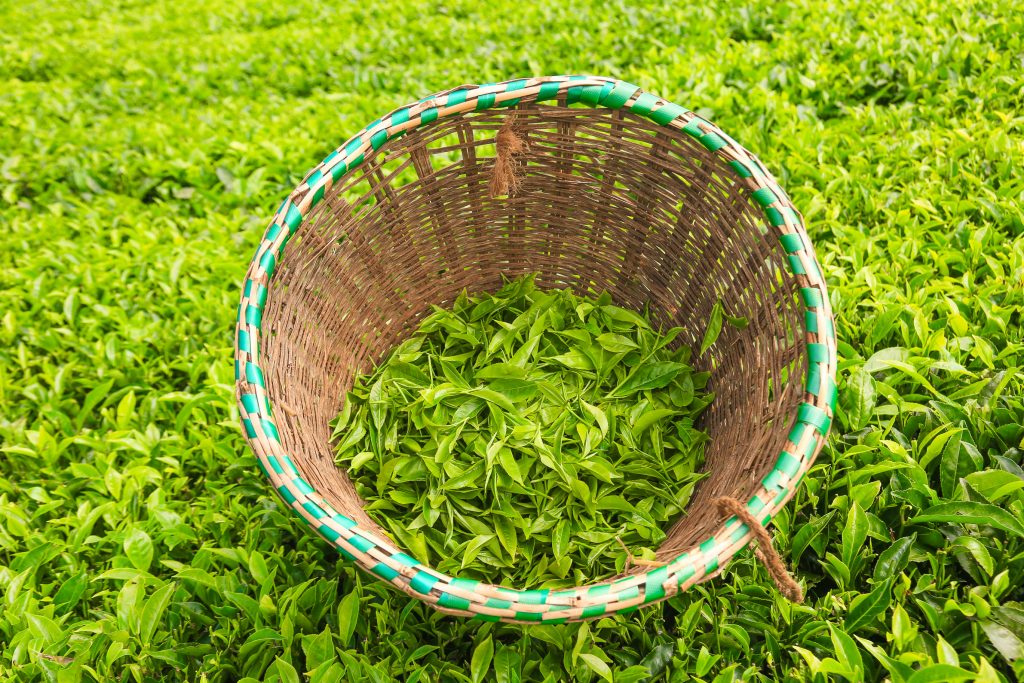
He further highlighted ongoing efforts to expand international market access in China, Iran, the United States, and Europe, supported by trade diplomacy under the African Continental Free Trade Area (AfCFTA).
Dr. Ronoh reiterated that sustainable, long-term reforms — not short-term relief — are key to safeguarding the livelihoods of smallholder farmers. “We must address systemic issues: quality, governance, cost of production, and fair market access if farmers are to truly benefit,” he said.
A national tea conference is scheduled in two weeks to allow further deliberations among stakeholders. “The future of the tea sector depends not only on markets but also on governance that farmers can believe in,” Dr. Ronoh concluded.


